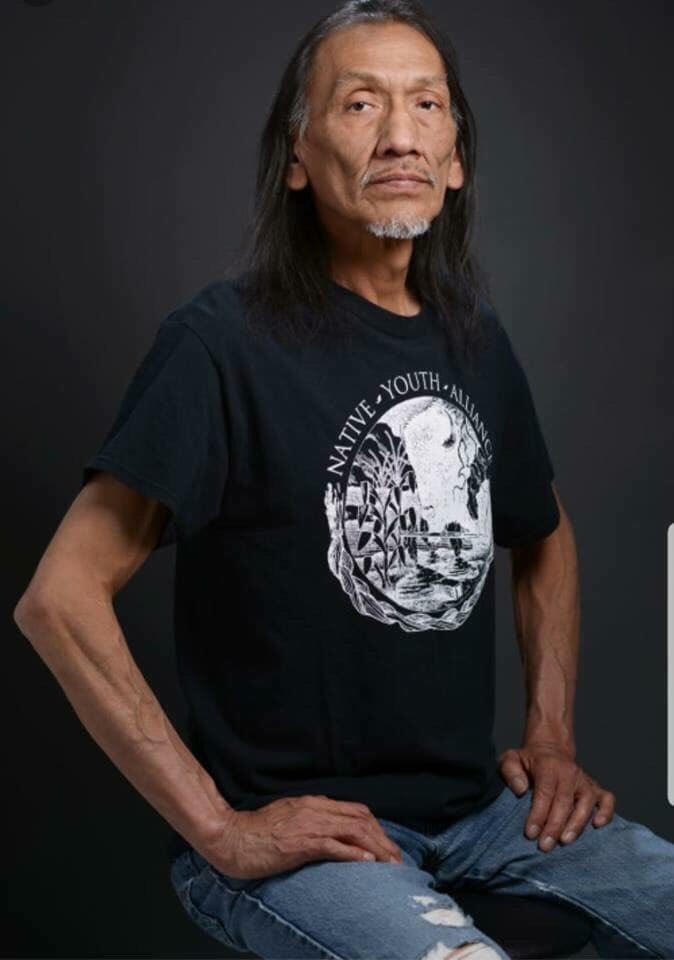The Virtue Signalers Won’t Change the World by John McWhorter. Some thoughts:
His comparison of anti-racism to religion is as ill-conceived as others’ comparison of science to religion. It’s a leaky metaphor used to more than just discredit the logic behind an action, but to question whether the action is based on logic at all.
Explorations as to whether an opinion is “problematic” are equivalent to explorations of that which may be blasphemous.
Or, of that which are unsupported biases that can be and have been used to restrict fair treatment in the public sphere or to outright harm others. Again, comparison to religion is not needed.
[Those citing offense have a] performative joy in dog-piling on the transgressor.
Better: People feel a responsibility to tell someone that their beliefs and the actions they permit should not be tolerated in our society.
First, to what extent is it possible to alter human sentiment as opposed to actions and behavior?
Laws banning segregation did not stop people from the human sentiment towards segregation. You cannot, and should not if you could, create a law banning certain thoughts. But you should shun those who act wretchedly in public.
Third-wave antiracism is a call to enshrine defeatism, hypersensitivity, oversimplification, and even a degree of performance.
“Coddling” is the go-to accusation thrown at SJWs. The personal offense taken when another acts overtly rascist is an offense of a system that appears complicit if nothing is said against them and, importantly, if nothing is said at the moment of the action. Your dog making a mess on the carpet can’t be reprimanded a month later with any hope of the reprimand being effective.
Contrast this approach [of denouncing offensive speech] with that of people lionized today who worked within a racism none could disagree was more implacably overt and hostile than today.
“The fallacy of relative privation is dismissing an argument or complaint due to the existence of more important problems in the world.” — Wikipedia, List of fallacies
The black lawyer and activist Pauli Murray insisted in 1963 that none other than Alabama Governor George “Segregation Forever” Wallace be allowed to speak at Yale. She believed that the speech rights blacks had fought for so hard must be extended to people she found noxious.
“False balance, also bothsidesism, is a media bias in which journalists present an issue as being more balanced between opposing viewpoints than the evidence supports. Journalists may present evidence and arguments out of proportion to the actual evidence for each side, or may omit information that would establish one side’s claims as baseless.” — Wikipedia, False balance
What was necessary then does not need to be now. For example: giving evolution and creationism equal footing in 1850 was reasonable; doing that today is absurd. The winning argument is clear, and giving up respected space–say having a department of creationism at Oxford– would be wasteful.
But the black person essentially barred from the polls gains nothing from someone sagely attesting to their white privilege on Twitter.
Why not both fight poll taxes and fight overtly racist individuals?




